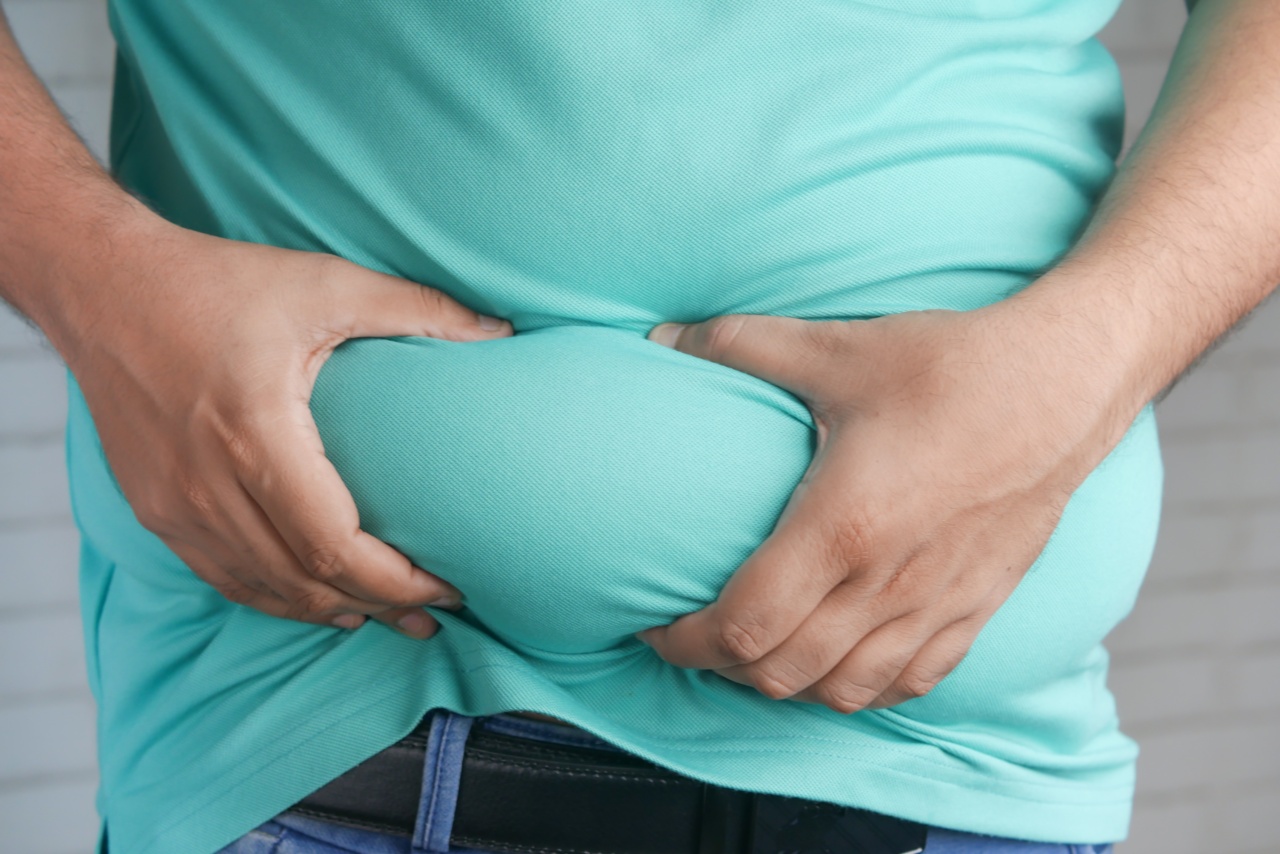When it comes to losing fat from your lower body, diet plays a crucial role. While exercise is important too, it’s the foods you eat that ultimately determine whether you shed those extra pounds or not.
To help you achieve your goal, here are some effective diet strategies to lose fat from your lower body:.
1. Create a Calorie Deficit
In order to lose fat, you need to create a calorie deficit. This means consuming fewer calories than your body needs to maintain its current weight. By doing so, your body will start burning its stored fat for energy.
To create a calorie deficit, identify your daily calorie needs and then reduce your intake by around 500 calories per day.
2. Prioritize Whole, Unprocessed Foods
Filling your diet with whole, unprocessed foods is essential for losing fat from your lower body. These foods are generally low in calories, high in nutrients, and keep you feeling satisfied for longer periods.
Focus on consuming plenty of lean proteins, fruits, vegetables, whole grains, and healthy fats like avocados and nuts.
3. Include High-Fiber Foods in Your Meals
Fiber-rich foods are not only beneficial for digestion but can also aid in weight loss. They help keep you feeling fuller for longer, reducing the chances of overeating.
Include sources of high fiber such as legumes, whole grains, nuts, and seeds in your meals. Remember to increase your fiber intake gradually to avoid digestive discomfort.
4. Opt for Lean Protein Sources
Protein is essential for building and repairing muscles. Incorporating lean protein sources into your meals will help you maintain muscle mass while losing fat. Choose options like chicken breast, turkey, fish, tofu, beans, and low-fat dairy products.
These foods also provide a feeling of fullness, allowing you to control your overall calorie intake.
5. Watch Your Carbohydrate Intake
While carbohydrates are an important source of energy, consuming them in excessive amounts can hinder your fat loss efforts.
Opt for complex carbohydrates like whole grains, legumes, and vegetables, which provide sustained energy and have a lower impact on blood sugar levels. Minimize your intake of refined carbs such as white bread, sugary drinks, and baked goods.
6. Stay Hydrated
Drinking enough water throughout the day is crucial for maintaining overall health and supporting weight loss. Water helps to flush out toxins, reduces water retention, and keeps your metabolism functioning optimally.
Aim to drink at least 8 glasses of water per day and consider replacing sugary drinks with water or herbal tea.
7. Limit Added Sugar and Sweetened Beverages
Added sugars can contribute to weight gain and hinder your fat loss efforts. Reduce your consumption of sugary treats, sodas, fruit juices, and other sweetened beverages.
Instead, satisfy your sweet tooth with natural sweeteners like fruits or opt for healthier alternatives, such as unsweetened tea or infused water.
8. Practice Portion Control
Portion control is vital when trying to lose fat from your lower body. Even healthy foods can lead to weight gain if consumed in excess. Be mindful of your portion sizes and listen to your body’s hunger and fullness cues.
Consider using smaller plates and bowls to trick your mind into feeling satisfied with smaller portions.
9. Don’t Skip Meals
Skipping meals, especially breakfast, can sabotage your weight loss efforts. When you don’t eat for extended periods, your body enters a starvation mode, slowing down your metabolism.
Aim to have three balanced meals and two healthy snacks throughout the day to keep your metabolism active and prevent excessive hunger.
10. Be Consistent and Patient
Remember, losing fat from your lower body takes time and consistency. It’s important to stick to your diet strategies and be patient with the results.
Weight loss is a gradual process, and focusing on sustainable habits will yield long-term success.





























